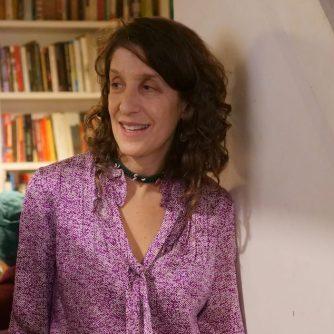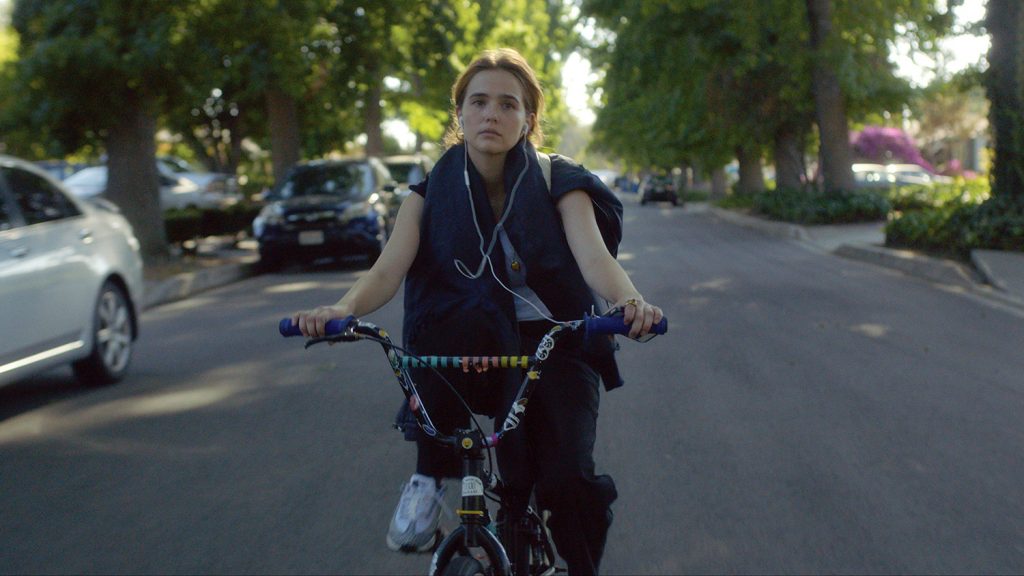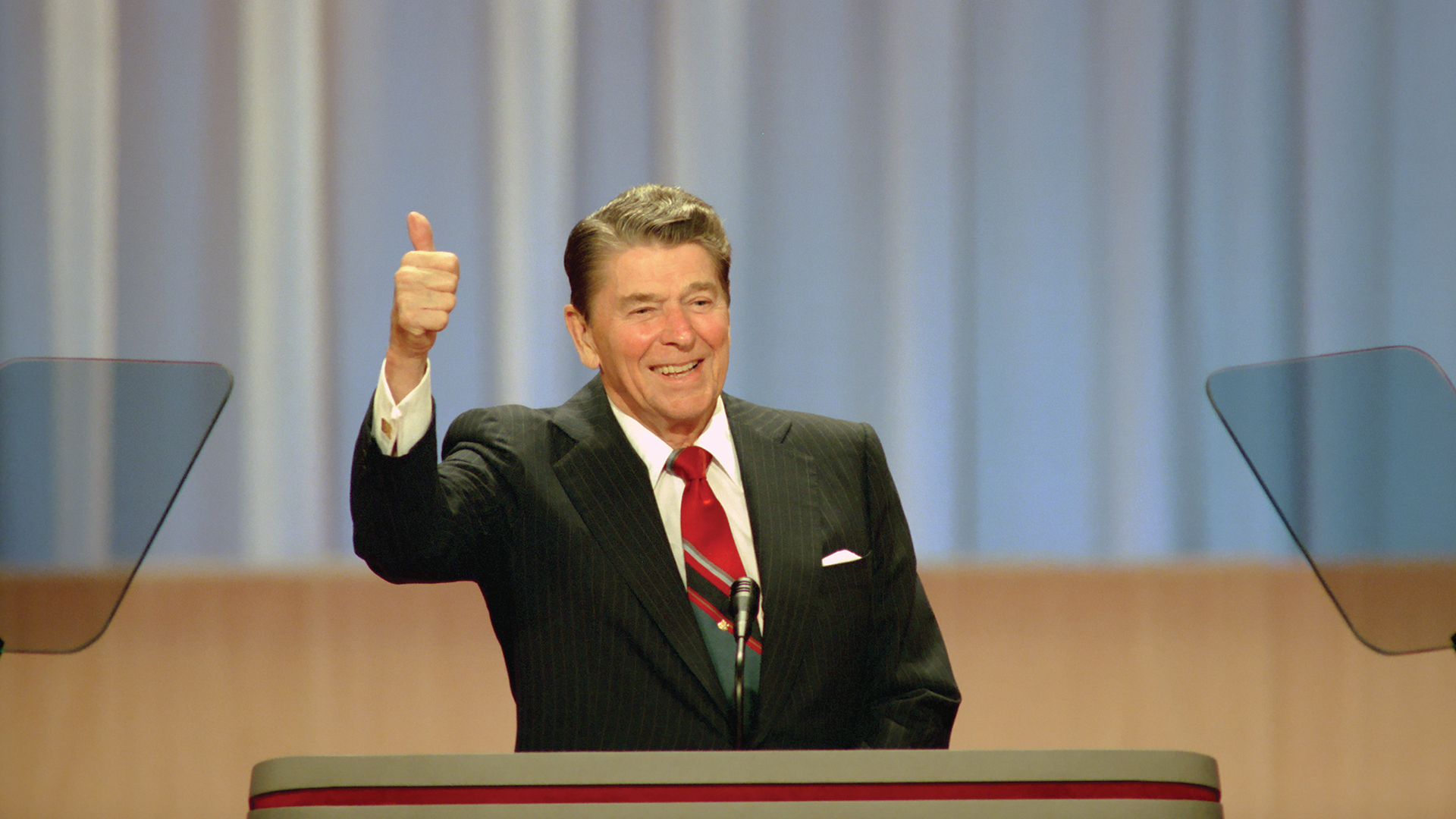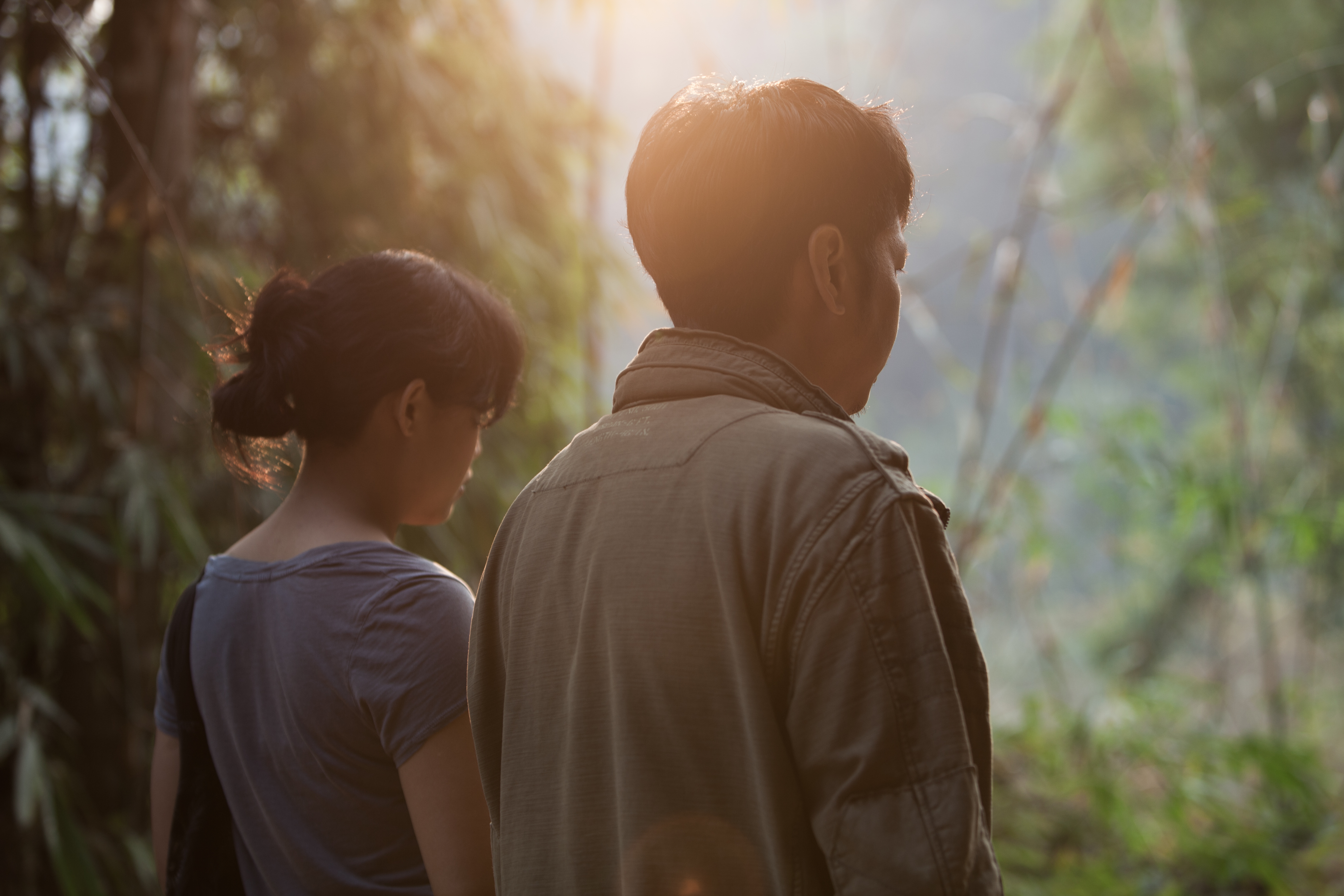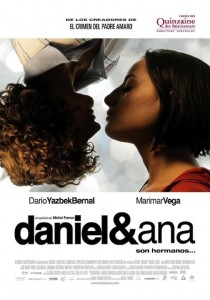 Written & Directed by Michel Franco
Written & Directed by Michel Franco
Produced by Daniel Birman Ripstein
Released by Strand Releasing
Spanish with English subtitles. Mexico. 90 min. Not Rated
With Darío Yazbek Bernal, Marimar Vega, José María Torre, Luis Miguel Lombana & Montserrat Ontiveros
[Article originally appeared: http://film-forward.com/danielana.html]
After seeing “Daniel & Ana”, a first feature by Mexican director Michel Franco, one ponders why he made the film in the first place. As explained in the opening disclaimer, it’s based on true events—no facts have been changed except the names of the victims—of the kidnapping of a brother and sister and the appalling act that took place during their ordeal and its aftermath. The abduction, in broad daylight on the streets of Mexico City, is anything but startling. The action is swift, and the two siblings—Ana (Marimar Vega), who’s somewhat older then Daniel (Darío Yazbek Bernal), a high school senior—barely seem to register the danger they are in. Blindfolded and taken to a nearly-vacant house, their kidnappers do not brutalize them. In fact, other than some strong threatening language, they barely interact directly with their victims. Within hours the two are liberated, but the damage has been done.
This is not a ransom story. In fact, the siblings never utter a word to their parents. Nor does Ana mention the kidnapping to her fiancé, Rafa (José María Torre), a sensitive young man who is only too willing to refuse a promotion that would take him to Spain and her away from her family. His devotion to Ana is obvious. For great patches of this otherwise economical film, the brother and sister lay in their beds, depressed, and withdrawn. Their parents, a wealthy couple who think nothing of buying a sports car for their graduating son, clearly choose not to see that something profound has happened to both of their offspring. Even when Ana calls off her wedding, they treat the situation as though she has cold feet. As for Daniel, he starts skipping classes, prompting them to threaten to take his car privileges away.
Finally Ana decides to see a therapist. Those scenes are opportunities for the film to explore both the pain and the catharsis that Ana experiences, but director Franco chooses not to sit in, nor does he explore either Daniel’s or Ana’s inner life at any point, and so we are witnesses to their actions, never sure of what they will do next. According to the film’s press notes, the director wanted to allow the audience to analyze Daniel and Ana’s conflicts and draw their own conclusions. If so, it’s ultimately the film’s greatest weakness. While we want the brother and sister to heal, this is a result of our instinctual need to triumph over tragedy. Ultimately, I didn’t care too strongly about any of the characters’ choices. In the end, Ana chooses to get married and move to Spain with her new husband. While we understand her choice, we don’t celebrate it.
The film will no doubt come under some fire. Some will perceive it as being exploitative. I don’t think that’s its problem in the end. Rather, there are too many unexplored opportunities. Mr. Franco would be wise to get inside the heads of his characters in his next film. Doing so doesn’t dumb down his story but simply engages the audience.

